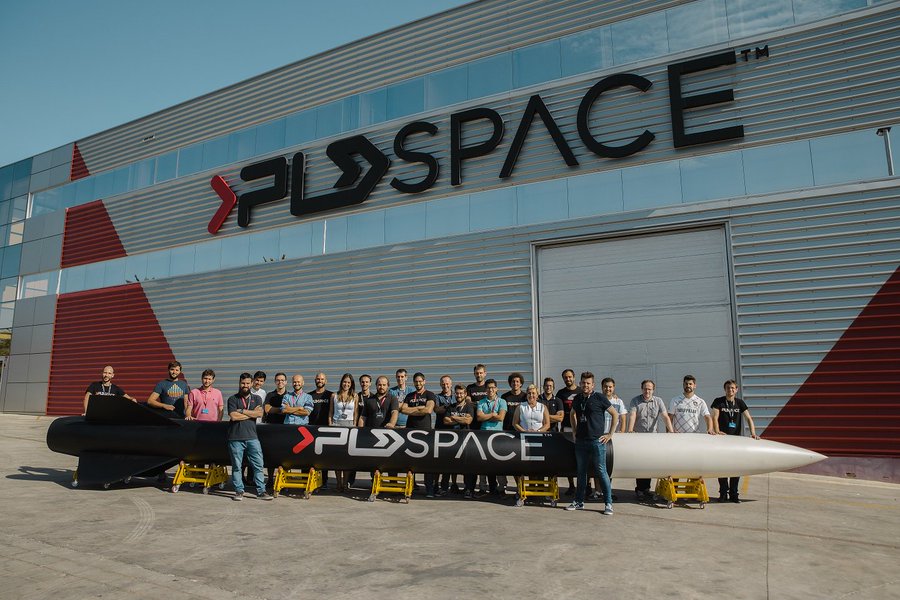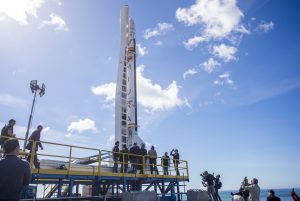Spain Just Announced Its Plans for Creating Space Agency to Benefit Private Companies, Such as PLD Space
19th Jul 2021
The Madrid Government announced the creation of the Spanish Space Agency in the coming weeks, a decision that is part of the new national security strategy, La Nueva España reports, quoted by Rador. At first glance, it may seem absurd for Spain to bet on its own space agency since it is part of the European Space Agency (ESA). Still, if the proposal is analysed in detail, the whole industry agrees that it is necessary, given the direction in which the aerospace sector is heading.
Spain is one of the few European countries that does not yet have its own agency. Although not centrally, there are already organisations in Spain that manage space activity. The National Institute of Aerospace Technology (NIAT) and the Centre for Industrial Technological Development (CITD) have organised numerous missions.
In addition, Spain was the fifth country to contribute the most to the European space program last year, with €249.5 million, representing 5.1% of the Agency’s budget. The turnover of the Spanish space industry reached 863 million euros in 2019 (latest data made public). The Aragonese Government has asked the central executive to establish its headquarters in the province of Teruel, which already hosts the launch site of the private rocket company PLD Space and the Javalambre Astrophysics Observatory.
“We believe this is a good time to create a space agency capable of coordinating the interests of different ministries, optimising different investments and providing technical support to programs that are designed bilaterally with other countries.”, the minister of Science and Astronautics, Pedro Duque, declared.
PLD Space and the Whole Sector Are Excited with the News
The Spanish industry received the government’s announcement with enthusiasm. The Spanish Association of Defense, Security, Aeronautics, and Space Technology Companies recalls that they officially claimed this in October 2019, in the Sectoral Agenda of the Spanish Space Industry. The employers’ association (which represents 85 companies dedicated to the aerospace, aeronautics, defense, and security industries) emphasises that space is an “extremely strategic” sector, which needs a clear and centralised state policy.
Andrés Tiseira, Professor of Aerospace Engineering at the Polytechnic University of Valencia (PUV), points out that the new agency makes a lot of sense. In Spain, the skills in the sector are spread across several ministries, which leads to “lost opportunities.”
“The government has now decided, because we are facing a development of the sector, with the interest of reaching Mars or working on projects within the International Space Station,” he added.
Juan Peña, CEO of Orbital EOS, says the government’s commitment “is excellent news. Countries like Greece or Portugal already have this type of national agency, and we were late. ” Orbital EOS uses satellite imagery from the European Space Agency and NASA to monitor coastal erosion and pollutant discharges into the sea. Its CEO points out that this type of use will increase in the coming years with microsatellites. Simultaneously, autonomies also promote their own initiatives. For example, Generalitat announced in October the creation of the Catalan Space Agency to promote the launch of nanosatellites and support the industry. Likewise, the Valencian Community set up the Valencian Space Consortium twelve years ago, the embryo of a mini-space agency. With the help of the agency, Spain may soon introduce its first domestic rocket that is now under construction at PLD Space.






Thank you for your comment! It will be visible on the site after moderation.